Contact Us






Dementia is a neurodegenerative disorder characterised by deterioration in cognitive ability.
Over the past few years, Samvedna has developed several programs that aim to provide holistic Dementia care programs to address the challenges faced by people who have Dementia. Right from assessments to understand the diagnosis, therapies for Dementia, programs to support family members and trained caregivers for personal care needs, our solutions are designed to help persons with Dementia and their families at all stages of the illness.
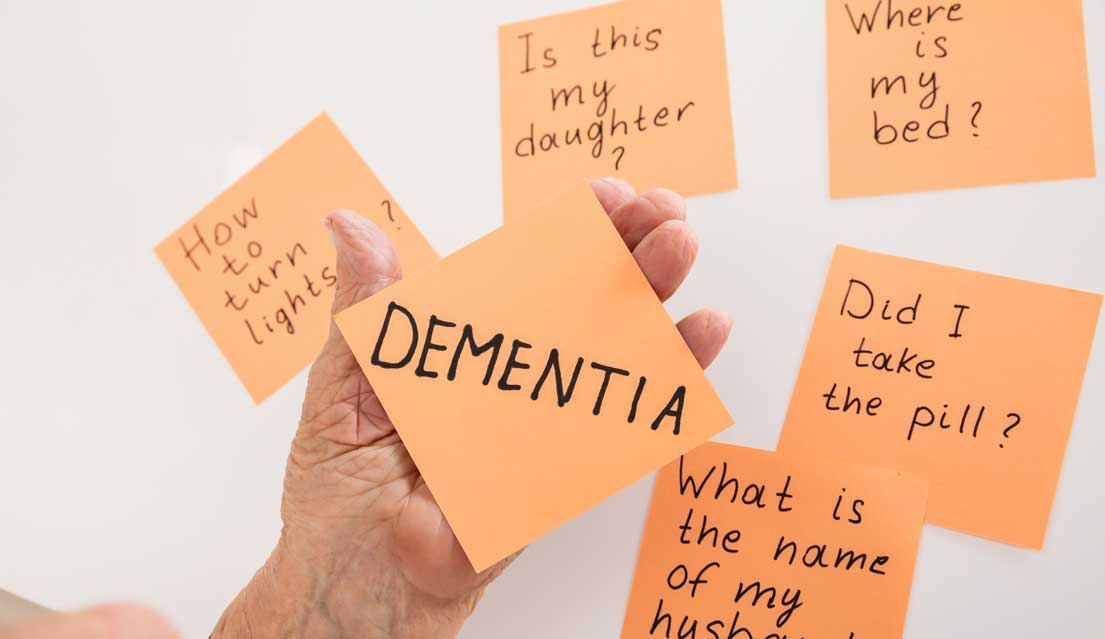

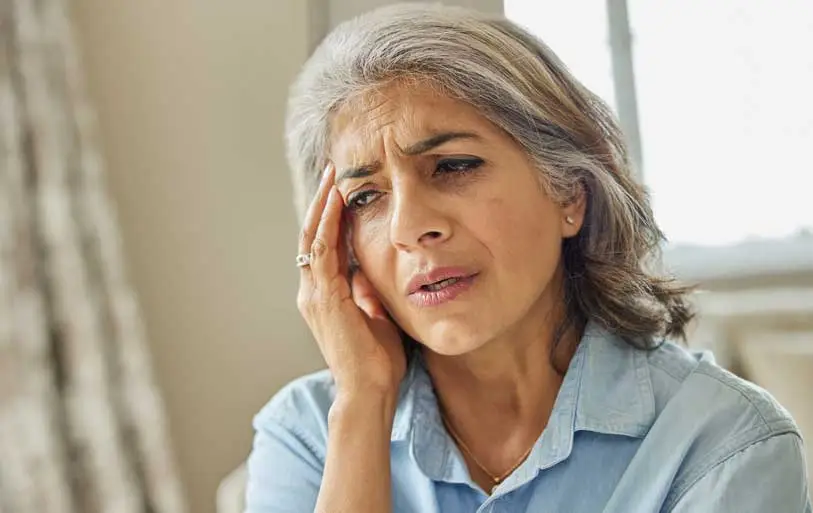
We believe in improving the quality of life of persons living with Dementia and enabling them to live with dignity. Our intervention programs are guided by evidence-based practices and focus on person-centred care. They are well researched and are highly acknowledged by the medical community.
Caring for a loved one with Dementia can become challenging. Be it managing behaviour changes in your loved one, or taking decisions about how to provide care, we understand the importance of providing support to families. Our programs have been designed to empower family members in the caregiving process.
Here are our Dementia care services. Click on the service to learn more and find the best care for yourself or your loved one.
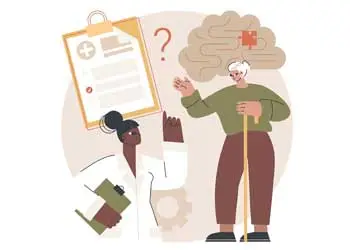
Detailed memory and clinical assessments are the prerequisite for developing a care plan. Assessment involves asking pertinent questions to the patient and the family to understand areas of concern and then giving recommendations accordingly.
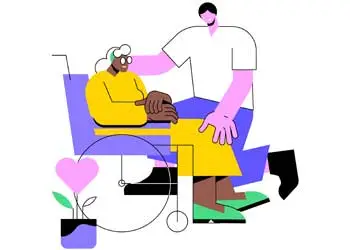
Professionally trained Dementia caregivers give families a helping hand in managing the day-to-day activities of their loved ones. They are sensitised to the needs of persons with Dementia and can handle difficult behaviours.
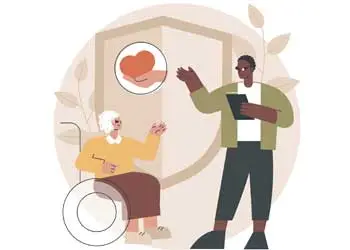
Being a caregiver for a person with Dementia is challenging. The caregiver enablement program helps caregivers become more aware of the illness and its course. Caregivers also get to learn how to manage challenging behaviours in Dementia.
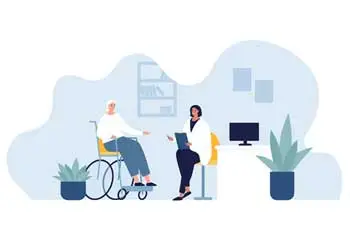
Support groups are a great way to meet people going through similar experiences. Most groups include a discussion with an expert, which caregivers often find useful in understanding Dementia.

Stimulation and memory exercises are recommended for persons with mild to moderate cognitive impairment. For severe deficits, multi-sensorial stimulation is often helpful.

Medical experts specialising in geriatric issues are available for teleconsultation. Families can speak to the doctors from the comfort of their homes.
We can link the signs and symptoms of Dementia in three stages.
Early-stage : The early stage of Dementia is often overlooked because the onset is gradual. Common symptoms may include:Samvedna Care, G-7 Oriental Villas, Sushant Lok III, Sector 57, Gurgaon
Samvedna Care, C-13 Anand Niketan, New Delhi

 +91 74280 97301
+91 74280 97301